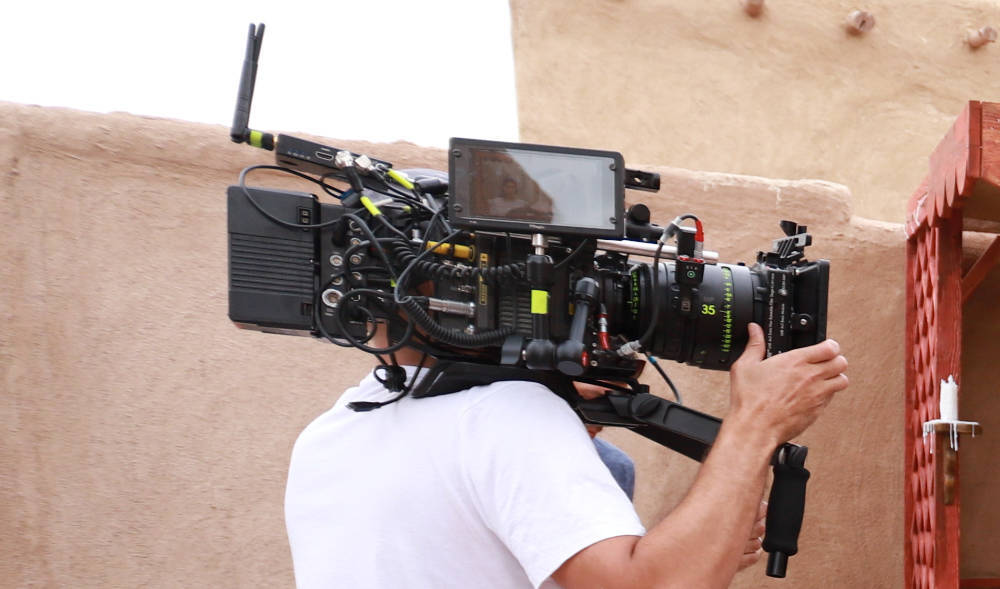I was recently traveling and had a chance to see an in-flight film called “Pay It Forward.” As a true optimist, I fell in love with the movie’s plot. For those of you who have not seen the film, or are unfamiliar with the expression on which the title is based, I will offer an overview.
The film’s plot focuses on a 12-year-old boy, Trevor McKinney, whose social studies teacher delivers a class assignment: Come up with an idea that can change the world and implement it.
McKinney develops a simple concept, which is to do a good deed for three individuals.
In exchange, the recipients must repay this act of kindness by helping someone else rather than the original grantor of the deed.
Good deeds must improve the recipients’ lives with no strings attached or personal gain for the original grantor.
As the premise of “paying it forward” expands across the globe, the original three recipients of the good deed multiply and goodness spreads worldwide.
According to McKinney, “it’s hard for some people to change their lives even if it’s bad because they are scared to change and get used to it. They eventually give up, and when they do give up, everyone loses.”
Wise words from a seventh grader, even if it was a movie script recited for the role. At some point, the “pay it forward” movement went viral in cities across the US.
The pay it forward movement requires only time and effort in order to work. We just need to observe people and identify who can benefit from our help, and remember it is not only about money.
Dr. Taghreed Al-Saraj
After watching the film, I looked out the aircraft window, more than 30,000 feet above ground, and began thinking: Why can’t we do this in real life and keep the movement going?
The pay it forward movement requires only time and effort in order to work. We just need to observe people and identify who can benefit from our help, and remember it is not only about money.
It could be a work colleague or family member.
Talk with them and understand what they do not see for themselves. They are stuck inside a box, while you are the outsider who has the power to see what they are confined to.
Help them indirectly and, if it works, have them pay it forward as well, but never say to anyone that you have paid it forward. That is the key ingredient of the movement; never say what you did. Take yourself out of the equation. Focus on the outcome only, and you will feel inner joy and contentment that you helped others with absolutely nothing in return.
Interestingly, this movement started long before the movie came out.
All the three main religions — Islam, Christianity and Judaism — called for it. In my opinion, this is how God wants us to live our lives by giving back to the people around us without expecting anything in return.
It is a choice that we consciously need to practice more, and when better to start practicing than Ramadan, a holy month for Muslims around the world.
Ramadan is heavily focused on doing good deeds and giving to the needy. Giving is something that we were urged to do by all religions; it is the wise who will choose to pay it forward.
• Dr. Taghreed Al-Saraj is a best-selling Saudi author, an international public speaker and an entrepreneurship mentor.











